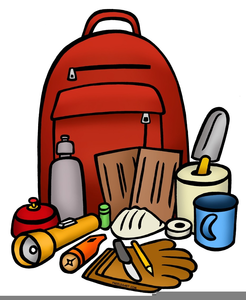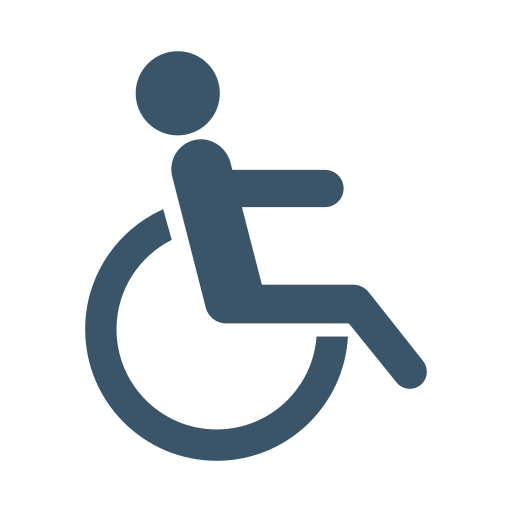Emergency Preparedness

Emergency Preparedness
At ACIL, we believe that everyone should be ready and have a plan for emergencies. Each person should have enough food and water to last for at least 72 hours.
For more information on how to make a plan, visit www.ready.gov/make-a-plan or People with Disabilities | Ready.gov.
These sites can help you create a solid emergency plan that meets your needs!
Emergency Preparedness for Students in School
Being ready for emergencies or natural disasters is very important, especially in school. Administrators, teachers, staff, parents, and students can all work together to keep everyone safe and to reduce the effects of emergencies. Here are some resources to help school communities prepare for different kinds of emergencies:
- Community for Accredited Online Schools: This resource explains what disasters might happen in your area and how to prevent, prepare for, respond to, and recover from them. Click here to learn more about Emergency Preparedness in School!
- Student Training & Education in Public Service: This resource shows students how to create their own disaster preparedness plans. It explains why being prepared is important and lists other helpful resources. Click here to learn more about Disaster Planning and Emergency Preparedness for Students!
ACIL's Role in Emergency Preparedness
ACIL works hard to make sure that emergency plans include the needs of people with disabilities. Before we got involved, many plans did not consider things like communication, accessible transportation, and accessible shelters for those with disabilities. We have partnered with important organizations like:
- FEMA
- Kanawha Putnam Emergency Planning Committee (KPEPC)
- Kanawha County Office of Emergency Management / Homeland Security
- WV Volunteer Organizations Active in Disaster (VOAD)
- Ready WV
- West Virginia Region 1 Long Term Disaster Recovery Group
- Multi-Agency Planning and Advisory Committee
- Kanawha Charleston Health Department
Get Notified in Times of Emergency
To keep the public informed during emergencies, Kanawha County Metro 911 uses the SWIFTREACH emergency communication system. This system sends messages to your home phone, cell phone, or email. To register or get more information, visit www.metro911.org/oes/oes.
Emergency Supply List
You can help reduce the impact of a disaster by planning ahead. It's important to make sure your plans fit your family's needs and to practice them regularly. Having a basic emergency kit is essential. Here’s what to include:
- 3-day supply of water: At least 1 gallon per person per day.
- 3-day supply of non-perishable food: Canned goods or dried foods that don’t spoil.
- Manual can opener and utensils: To open and eat your food.
- Pet supplies: 3-day supply of food and water, ID tags, proof of vaccinations, and vet contact info.
- Medications: Enough for at least three days.
- Assistive Technology: Any devices you might need.
- Flashlight: To see in the dark.
- Portable, battery-powered radio: To listen for emergency updates.
- Extra batteries: For your flashlight and radio.
- Basic first aid kit: Band-aids, antiseptics, and other first aid supplies.
- Warm clothing and blankets: To stay warm.
- Whistle: To signal for help.
- Filter face masks: To help protect against smoke or dust.
- Emergency contact list: Important phone numbers.
- Photocopies of important documents: Like birth certificates and insurance information.
- Cash and coins: In case electronic payments aren’t working.
- Sanitation items: Hand sanitizer, moist towelettes, toilet paper, etc.
- Chlorine bleach: For disinfecting (mix with water as needed).
Smoke Detectors
Smoke detectors are very important to prevent fires in homes. Every home should have one. If you need a smoke detector, please contact ACIL or your local fire department today!

